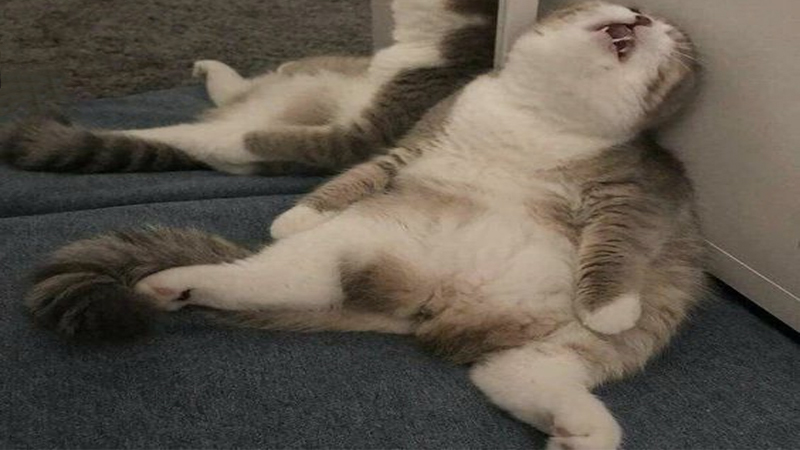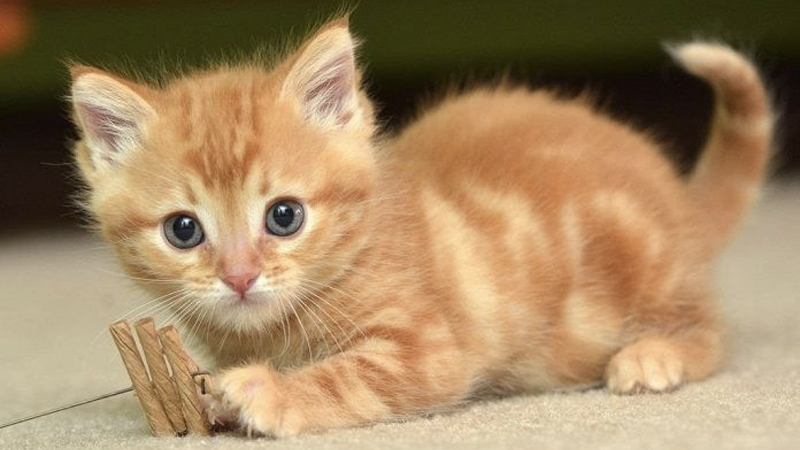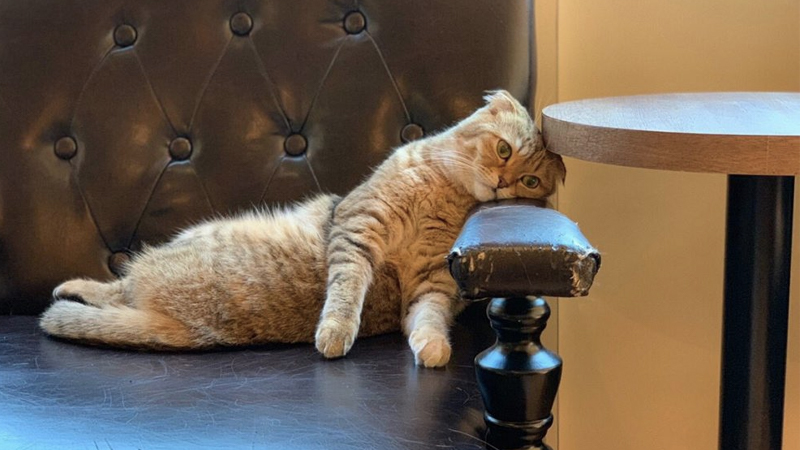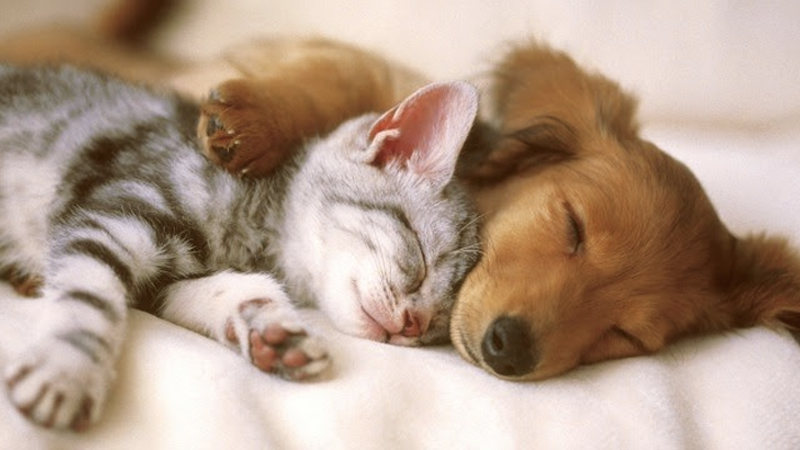Not eating is especially dangerous for cats. When they don’t eat, cats will process fat reserves through their livers to provide energy for their bodies. Over time, this can lead to liver overload and the risk of liver failure, as well as other serious illnesses.
Let’s explore some ways to address this issue and help our feline friends regain their appetite and energy.
1 Reasons Why Your Cat May Be Losing Appetite and Energy
Medical Issues: The first and most common reason for a loss of appetite in cats is underlying health conditions such as infections, kidney failure, pancreatitis, or gastrointestinal issues. Toothache or dental problems can also cause cats to stop eating.

Vaccination Side Effects: Secondly, your furry friend may experience a loss of appetite due to the side effects of vaccinations. While vaccines are essential for protecting our pets from serious diseases, they can sometimes cause temporary appetite loss.
Environmental Changes: Thirdly, a sudden change in environment, such as moving to a new home, getting a new owner, or switching to new food, can disrupt your cat’s routine and cause them to stop eating.

Psychological Factors: Fourthly, your cat’s loss of appetite and energy could be related to psychological factors. Changes in the family dynamic or environment can cause stress and anxiety in sensitive cats, affecting their emotions and physical health.
Additionally, just like humans, cats can experience motion sickness during transportation.
Further Reading:
2 Ways to Help Your Cat Regain Appetite and Energy
Addressing Psychological and Habitual Factors

– Return to a Regular Feeding Schedule: Go back to your cat’s daily feeding routine, offering food at the same time each day, and choose foods with appealing flavors and smells.
– Regular Deworming: Perform periodic deworming to ensure your cat is free from internal parasites.
– Maintain Hygiene: Keep your cat’s belongings, such as food bowls, toys, and bedding, clean and hygienic.
– Structured Meal Times: Feed your cat at specific mealtimes, providing a consistent amount of food.
Addressing Medical Issues

– Small, Frequent Meals: If your cat is unwell, offer small meals every 1-2 hours, even if it means waking them up. This is especially important for kittens, who sleep a lot.
– Variety in Diet: If your cat is bored with their regular food, try switching brands or flavors, or add some low-sodium meat broth or nutritional yeast to stimulate their appetite.
– Appetizing Alternatives: Offer alternatives such as chicken or turkey baby food, plain cooked chicken, or white rice. These options are gentle on the stomach and may be more appealing to your cat.
– Warm It Up: Warm your cat’s food slightly in the microwave (no more than 30 seconds) to enhance its aroma and make it more enticing.
– Increase Fluid Intake: Encourage your cat to drink more water, as illness can lead to dehydration.

– Hand-Feeding: Try offering food from your hand, allowing your cat to lick it off your fingers.
– Liquid Diet: Use a syringe or tube feeder to provide liquid food, or mix kitten formula with warm water as a substitute for solid food.
Note: Always consult your veterinarian before using any appetite stimulants.
In addition to helping your cat regain their appetite, it’s crucial to provide supportive care while they are unwell:

– Fever Reduction: Administer Meloxicam to help reduce your cat’s fever.
– Keep Them Warm: Ensure your cat stays warm and comfortable.
– Cozy Bedding: Provide a cozy and quiet place for your cat to rest.
– Address Depression: If your cat is showing signs of depression, spend more time playing with them, offer plenty of praise and petting, and consider getting them a feline or canine companion.
Important: When administering medication, avoid hiding it in your cat’s food. Cats have a sensitive sense of smell and taste and may refuse to eat if they detect medication. Instead, offer the medication separately and persist with regular meals to ensure they receive adequate nutrition.
We hope these tips help you care for your feline friend. Remember to always consult your veterinarian for personalized advice and treatment options. Have a purr-fect day!






































